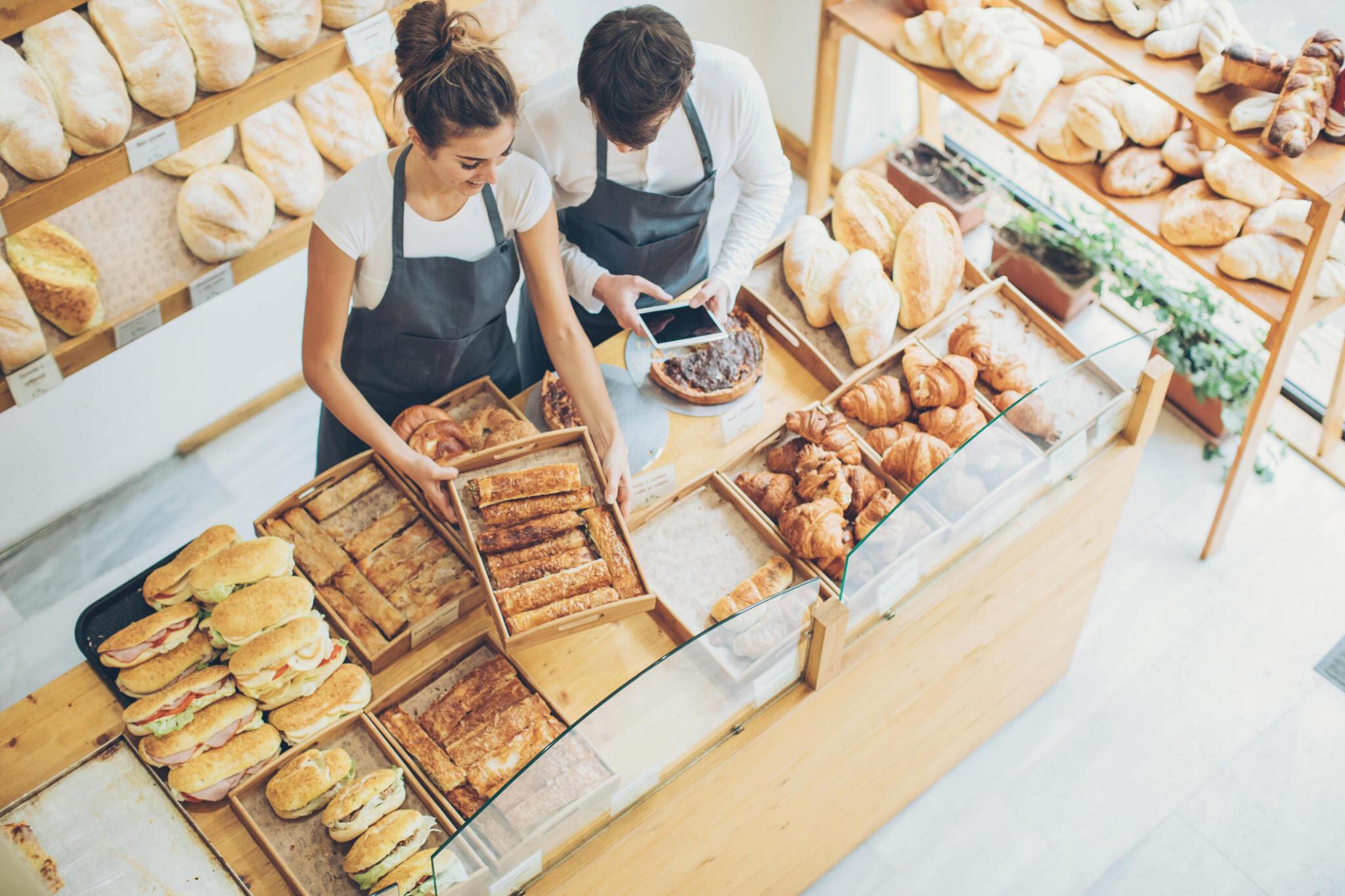
For many, living a more sustainable lifestyle begins with what you eat. Investigating more environmentally friendly food options has several advantages, including supporting regional farmers, improving your health, and eventually improving the world’s health. But it might be challenging to know where to begin with sustainable eating habits; this is where these entrepreneurs come in. These food startups aim to improve human and environmental health, from online marketplaces to delivery apps and synthetic meat.
There are more than 10.5K food startups in the food-technology sector, composed of businesses that create next-generation meals to replace traditional eating patterns. This comprises firms developing IoT-enabled food appliances and SaaS-based solutions, as well as online platforms for finding, buying, and selling food and beverages. From online stores to delivery apps and artificial meat, here are the food startups aiming to improve people’s and the planet’s health and also reshape the food industry.
1. Soy
The U.S. Soy brand carries on soy’s promise to alter global nutrition, offer climate-forward solutions, and support progress for people and their communities worldwide. It represents the positive worldwide human effect of soy cultivated in the United States.

The unmatched quality, dependability, and sustainability of the soybeans grown by our farming families who invest through checkoff dollars, as well as the dedication of the organizations that raise awareness, create demand, open up new markets, and unearth new applications for soy and soy products, are what drives U.S. Soy. U.S. Soy food startups envisions a world in which soy plays a crucial role in resolving humanity’s significant problems.
2. iFarm
According to iFarm, your food should be transported only as long as it already has. For this reason, the team behind the Finnish firm created modular, automated greenhouses for city environments, utilizing cutting-edge technology to cultivate seasonal natural salads, berries, and veggies.

The firm, established in 2017 by the Russian team of Alexander Lystovsky, Maxim Chizhov, and Konstantin Ulyanov, has previously received a Nordic Startup Award and secured seed capital in early 2019. The team has promised to use the money to improve their technologies, grow the team, and test their products on the European market.
3. Pod Food Startups
By establishing a connection between startup brands and significant retailers via an app, Pod Foods enables consumers to learn about new food companies at the grocery store. The Austin-based wholesale market, two years old, levies fees as a proportion of the gross wholesale prices that smaller firms can choose for themselves. Through an app, retailers, supermarket chains, and delivery services like Gopuff can access a vast selection of developing brands.
The company presently collaborates with shops in seven cities, including Chicago, New York, and Los Angeles, and more than 1,000 new food startups, like CBD drink startup Recess and Backyard Brine pickles. To handle fulfilment and logistics, the company has enlisted a third-party network, which has streamlined the process for small brands to get their items into retailers.
4. Agrostar
For developing a social network and commerce site for farmers in India. AgroStar, which is eight years old, is a social network, educational platform, and e-commerce outlet all rolled into one. Five million farmers use its medium in Gujarat, Rajasthan, Maharashtra, and Uttar Pradesh to speak with one another, get educational content on better agricultural methods, find cutting-edge data tools to help monitor crops and buy new items.

Farmers can use the multilingual site to read and watch instructive agronomy information in their language and share photographs of crop problems to obtain help from other farmers. The company’s commerce platform, where it sells its own-brand products such as seeds and insecticide, includes voice recognition, allowing farmers with poor literacy to search for and purchase things.
The business opened 1,000 storefronts this year (up from 50 last year) to supplement its online ordering capabilities, allowing underbanked farmers to pay cash for goods.
5. Oishii
The strawberry-like fruit that Fast Company dubbed “the Tesla of strawberries” was created and is grown by four-year-old Oishii in New York. The only time of year that fresh, regional strawberries are available in the Northeast is for around three weeks in the early summer. Hiroki Koga and Brendan Somerville, the co-founders, intended to alter that. Oishii grows and sells its Japanese type of strawberries using vertical farming, a technique that does not require pesticides and has a more minor environmental impact than traditional ways.
The company sells its high-end berries directly to chefs for a premium price ($50 for eight berries). Still, customers can also buy the strawberries in upscale markets and eateries like Eli’s Market, Murray’s Cheese, and Culver City’s Destroyer in New York, New Jersey, and Los Angeles for delivery or pickup. Even though the berries are in high demand, Oishii is increasing production and trying to ship across the country.
Final words
Food is a complex mixture of calories and dietary chemicals, some of which have been linked to non-communicable diseases like diabetes, heart disease, and cancer. Everybody has a different relationship with food due to their unique challenges; for instance, people with diabetes must monitor their sugar consumption, while those without the condition may not even think about it.
The irregular and imbalanced meals that make up most modern diets raise the risk of non-communicable diseases and can lead to stress and exhaustion. These tech-based food startups are developing better eating habits.





